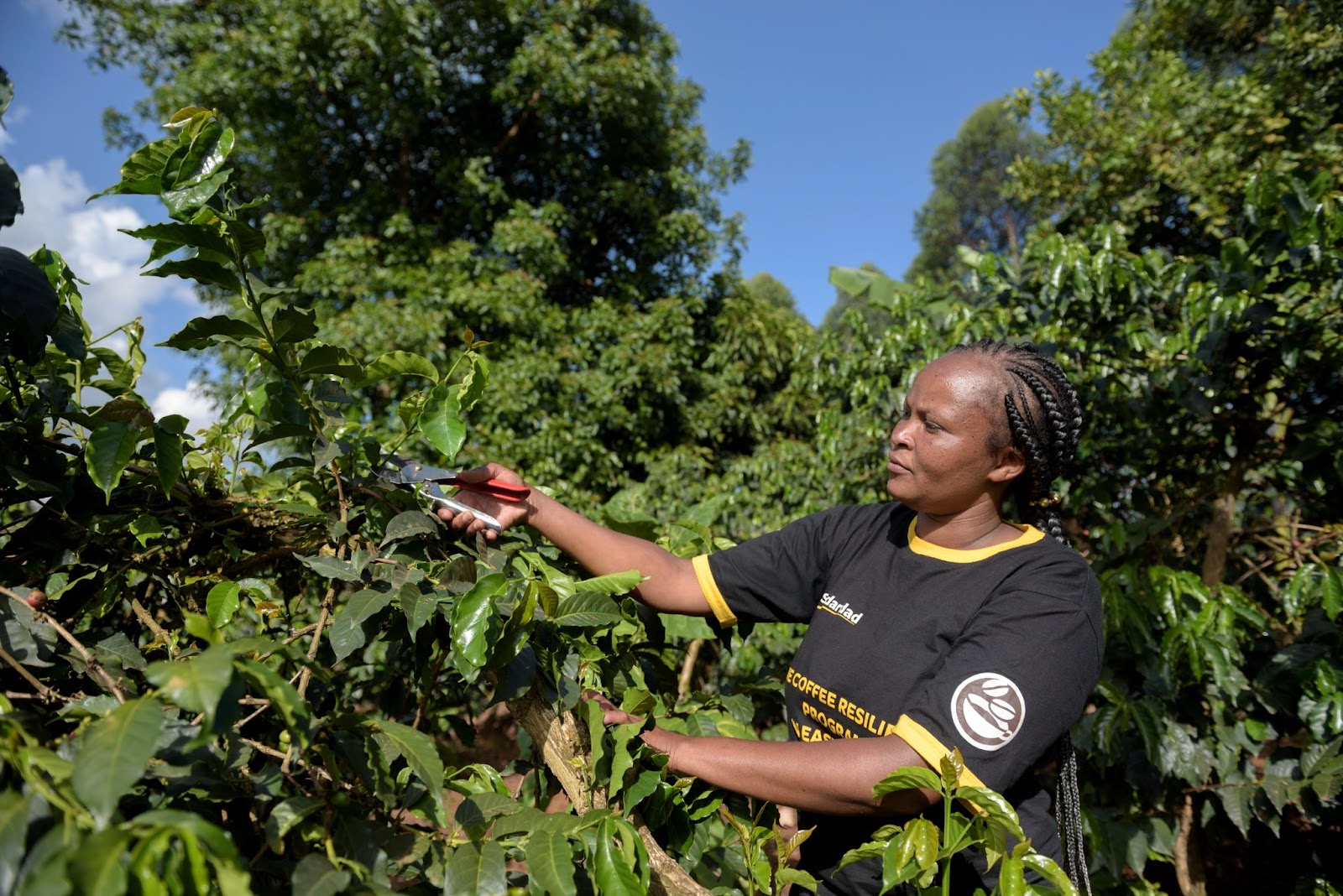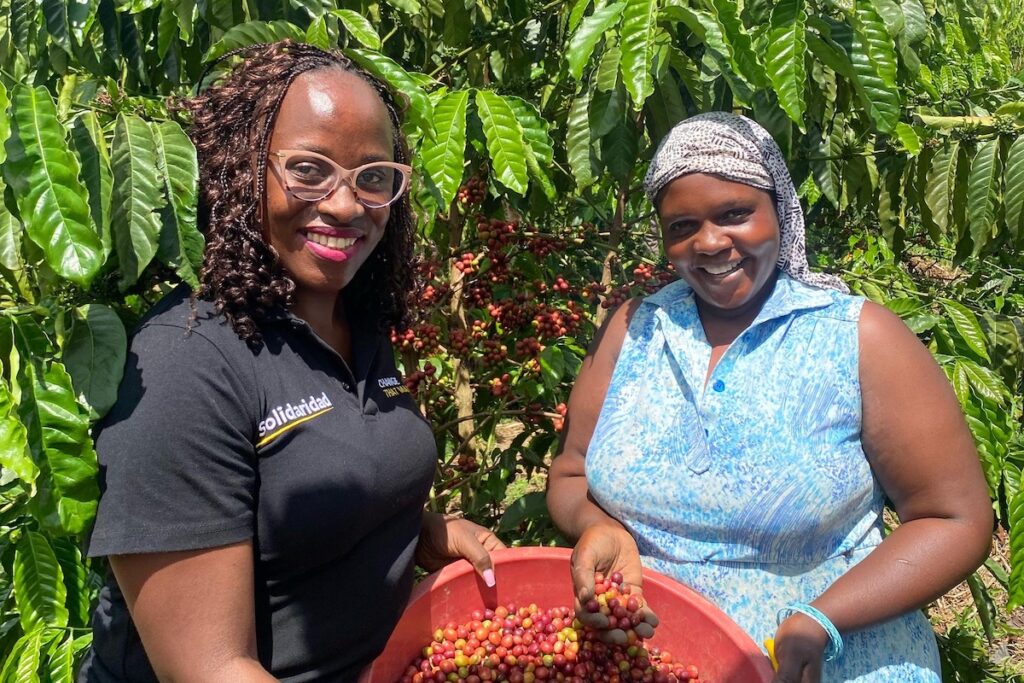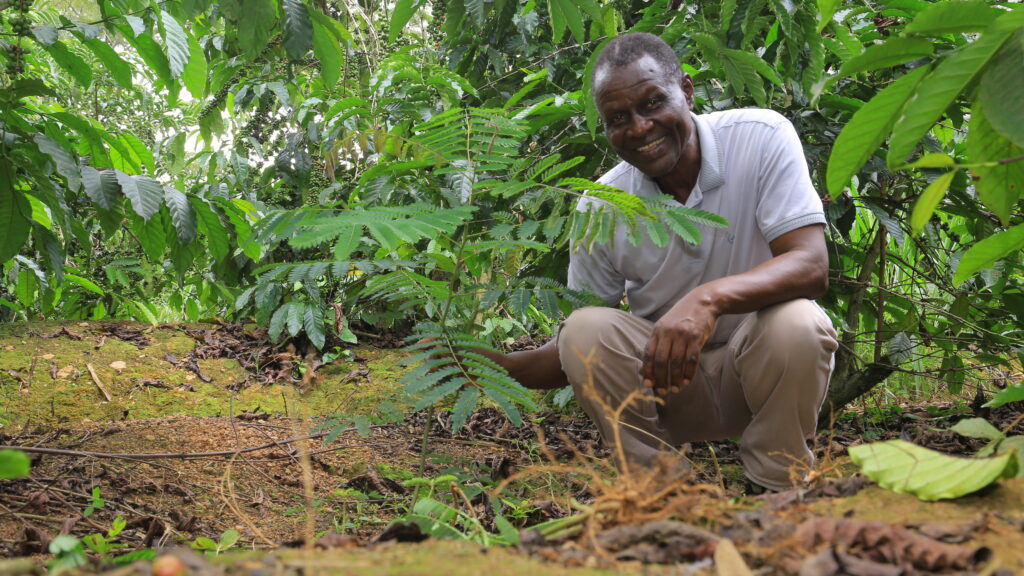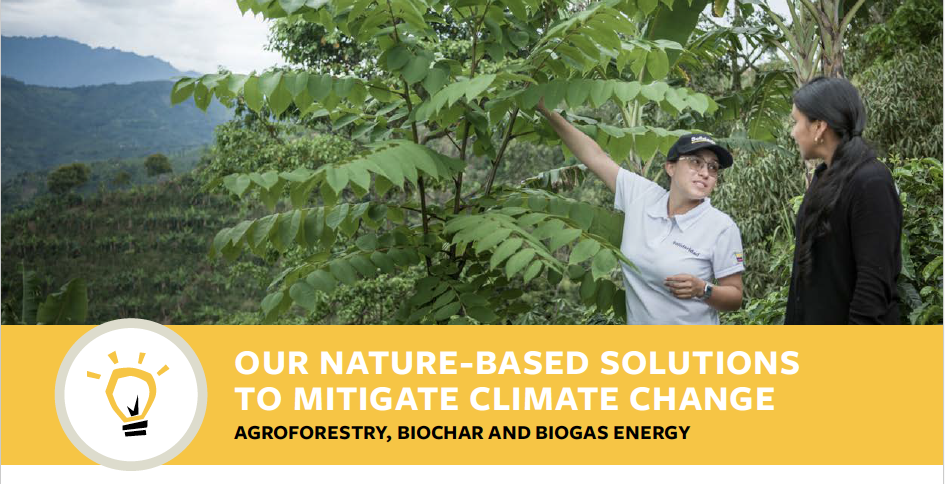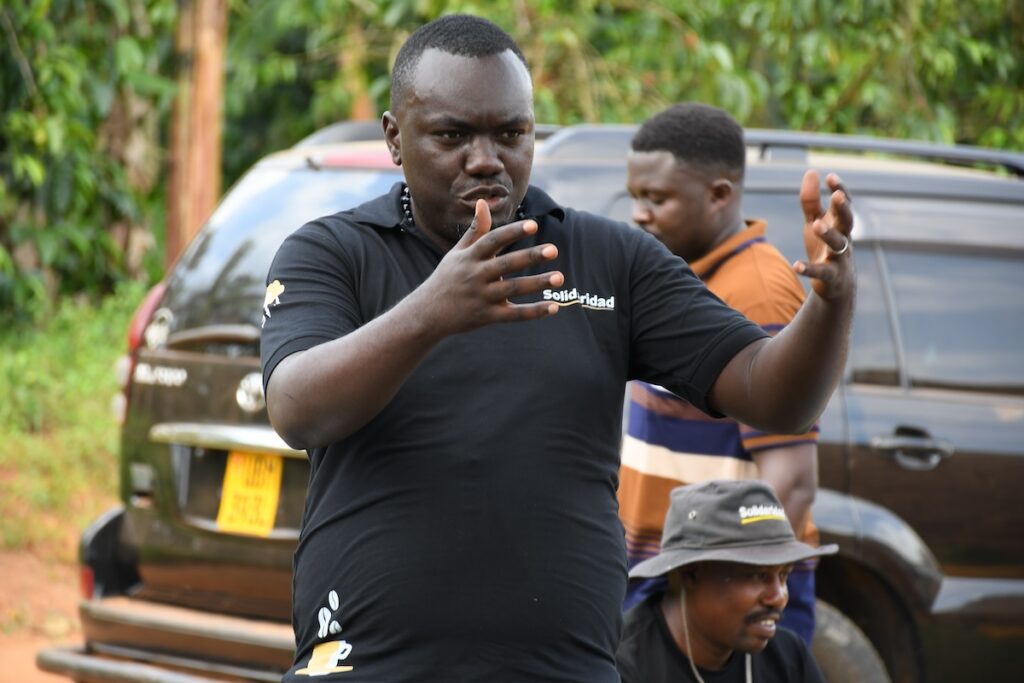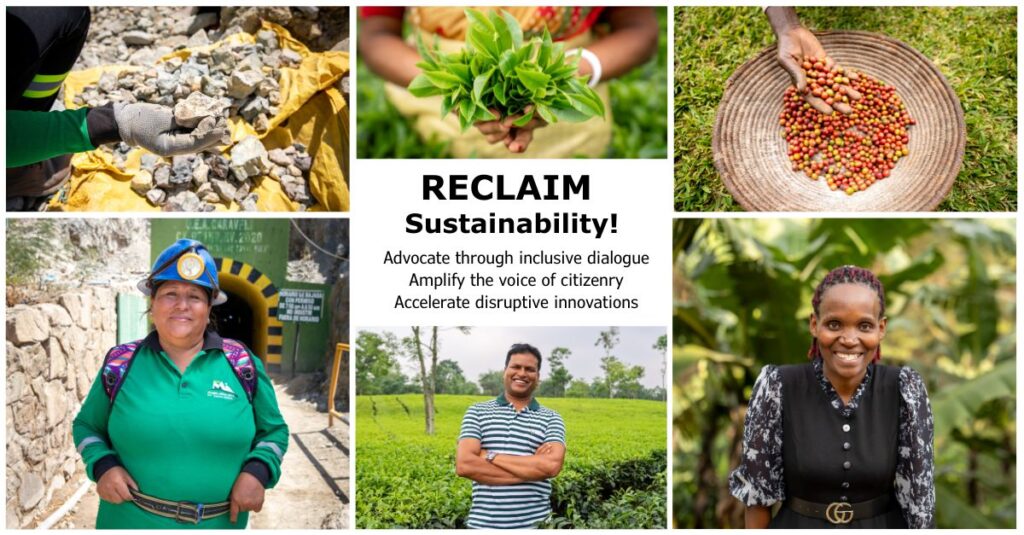Agriculture is critical to Kenya’s economy, contributing about 33 percent of the Gross Domestic Product (GDP). The sector employs more than 40 percent of the total population and 70 percent of the rural population (USAID, 2021). The sector also contributes over 70 percent of the country’s industrial raw materials and 50 percent of the nation’s export earnings. It is therefore the backbone of the economy; and a key source of livelihood for the majority of the population.
The Kenya Youth Agribusiness Strategy (2018-2022) projects that economic and sector growth can be realised through agricultural transformation from subsistence to commercially-oriented and modern agriculture – with youth as important drivers. With agriculture serving as a key sector, we must therefore look at the challenges of unemployment or underemployment of the youth in the country and create opportunities for them to realise their potential. Providing new opportunities for youth in agriculture and its value chains is envisaged to contribute to sustainable economic growth, scale up, and the reduction of poverty and malnutrition.
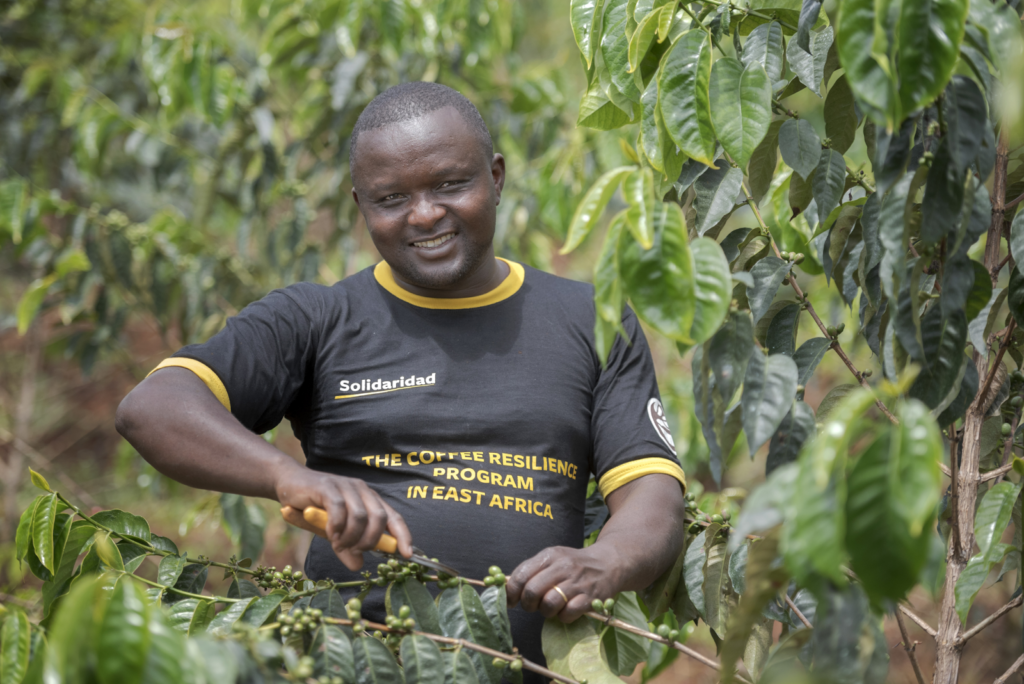
Next Generation Coffee Farmers
Boniface Mureti has increased his coffee yields through the Coffee Resilience Programme.
In East and Central Africa, Solidaridad is committed to harnessing the creativity and energy of youth toward developing and sustaining the agricultural sector. We achieve this by addressing inequalities and barriers to inclusivity of women and youth in agricultural production and decent jobs. We aim to bridge the economic and social gaps, create employment opportunities, and uplift the living standards of local communities.
Creating Employment Opportunities for Youth in Coffee Production – Marion’s Story
Marion Wanjiku did not dream of becoming a farmer. Like most young people, her perception was that farming was laborious and with little income. Growing up, Marion had observed that many rural farmers were producing barely enough for their families to eat. For Marion, the motivation to venture into sustainable coffee production was fueled by training provided through the Solidaridad Practice for Change Coffee Resilience Programme (PfC Coffee) funded by the Ministry of Foreign Affairs of the Kingdom of Netherlands.
Solidaridad gave me training on coffee production. This included training on pests and disease control, pruning, grafting and intercropping. The knowledge and skills I got enabled me to overcome many barriers and gave me the courage to venture into coffee farming as a business.
Marion Wanjiku
New Age – Integrating Digital Solutions to give Youth in Coffee Production an Edge
Now a budding coffee farmer in Kirinyaga County, Kenya, Marion has been applying the knowledge and skills she acquired to transform her coffee farm into a profitable business. In addition to the training on coffee agronomy best practices, PfC Coffee also introduced Ms. Wanjiku to the Solidaridad Digital Farming Solution.
This is a mobile application that provides farmers with timely expert information on good agricultural and business practices to enable them to increase their production. The application supports continuous learning on coffee agronomic best practices through access to information, self assessment to identify gaps, and monitoring of improvement plans for their production areas.
The Digital Farming Solution app helps me, for example, to know when to apply fertilizer, spray and prune. The app also motivated me to start keeping records for my farm’s production.
Marion Wajiku
New Income Stream: Thriving through Coffee Farming Service Provision
To increase opportunities for youth in coffee production, PfC Coffee also equipped young farmers with critical skills to enable them to provide services to other farmers in their regions. Marion received training on grafting – skills she notes have come in very handy.
Thanks to the skills I got, I now offer grafting and pruning services to other farmers in my community at a fee. This has opened up a new income stream for me and many other young people.
Marion Wanjiku
Youth in Coffee Production: Fostering Farm Renovation
Marion joined forces with other youth in her community to form a group of young coffee service providers. The group now provides coffee management services and has drawn even more youth into coffee production.
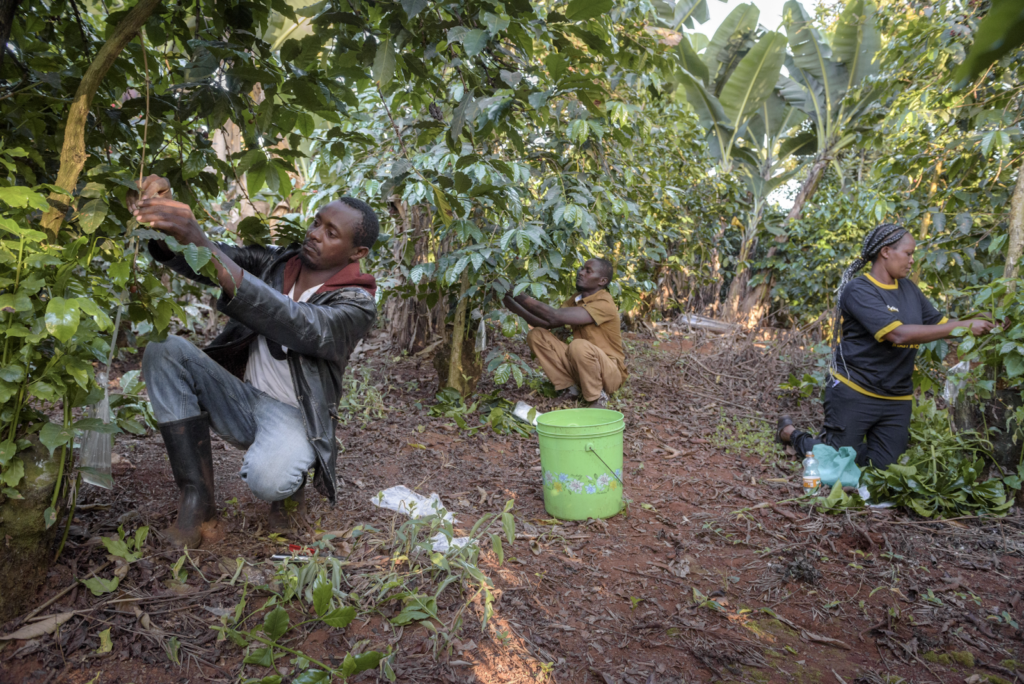
“We have grafted over 8,000 coffee trees since we started. Grafting generates additional income for our group. Our services have also helped many coffee farmers to transition to improved coffee varieties which are disease-resistant and adaptable to climate change. With the shift to new improved varieties, coffee production in our region is set to improve especially for farmers who previously had aging coffee trees,” Marion added.
Now on a path she never dreamed of, Marion admits that her perception on farming has changed. She believes that coffee farming can indeed generate decent income for farmers- especially youth. Farmers should however acquire and apply expert knowledge and skills and embrace appropriate digital solutions in their farming to reap good returns.

